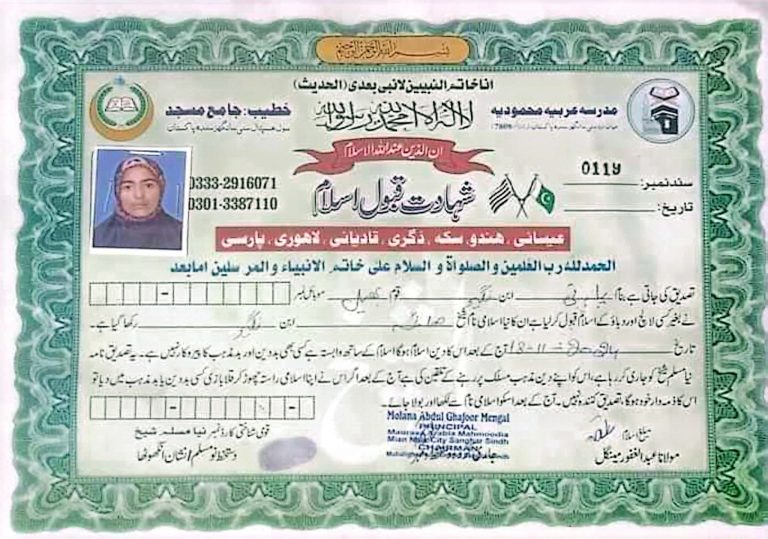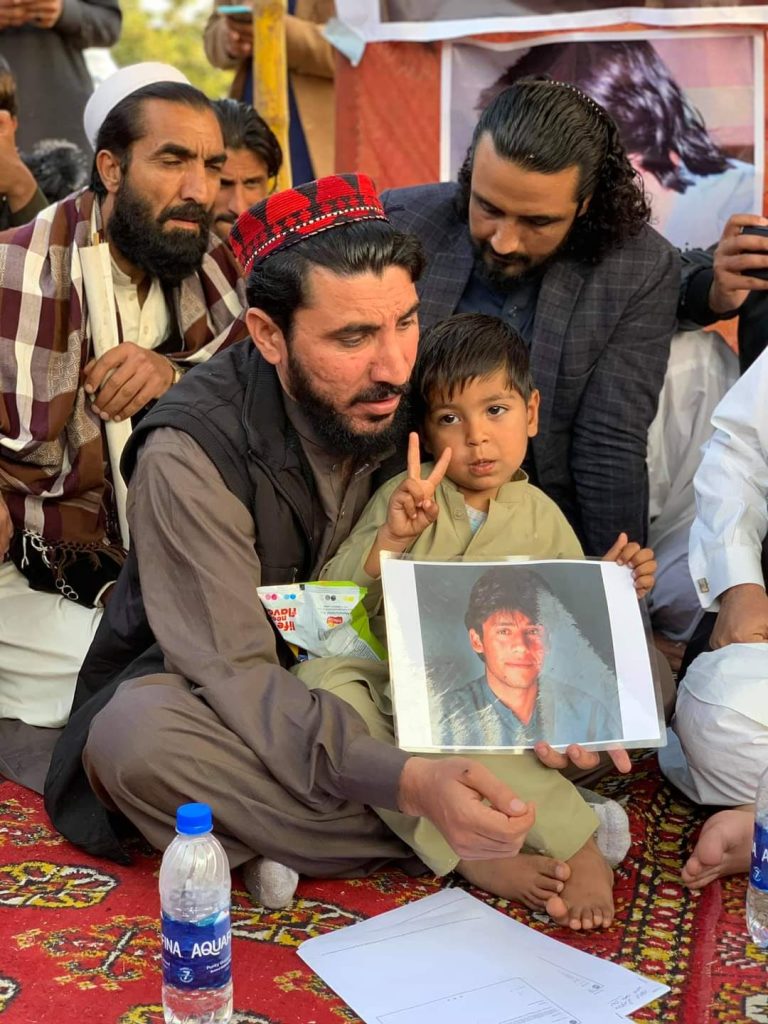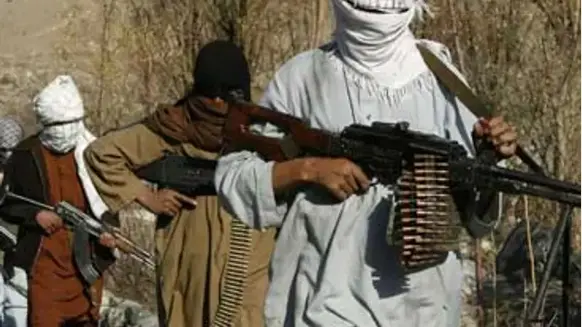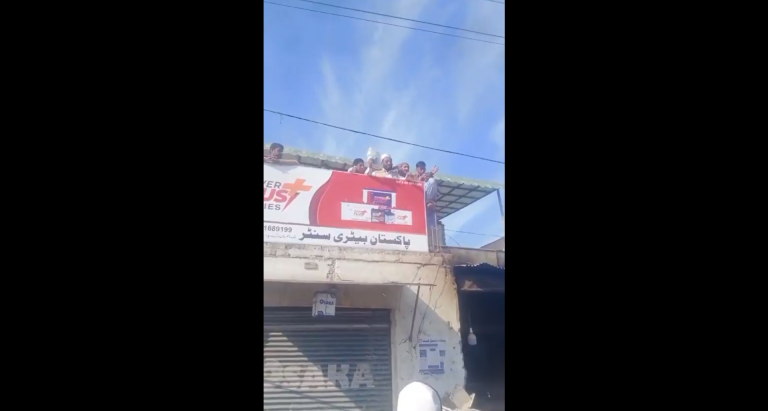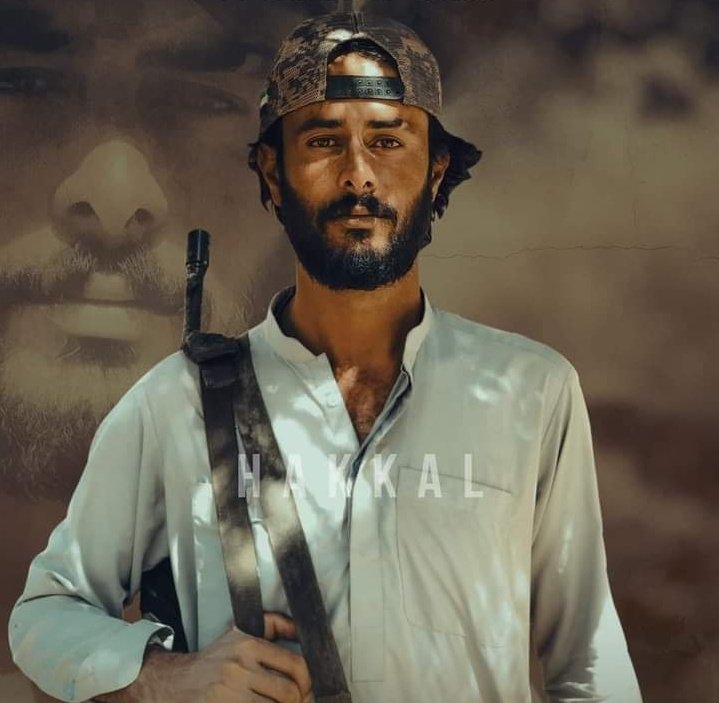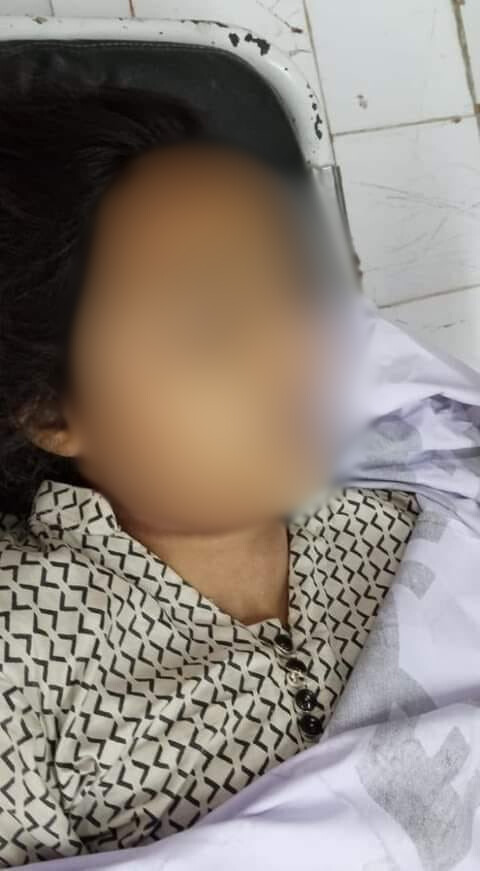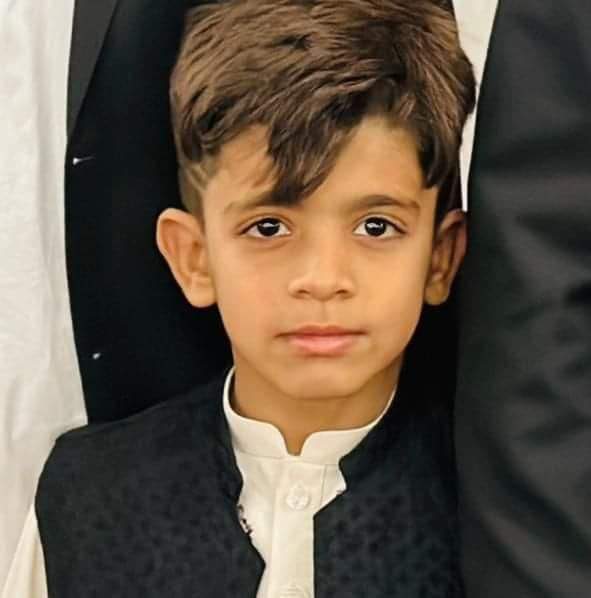In Pakistan, another minor Hindu girl, Parthi, has fallen victim to the appalling practice of forced conversion and marriage. The 15-year-old girl was reportedly converted to Islam and married off to a 50-year-old man, Bagh Ali Jalbani, in Sanghar, Sindh.
This latest incident underscores the grim reality faced by religious minorities in Pakistan, particularly the Hindu community, which has long been subjected to systemic discrimination, exploitation, and violence. Forced conversions and marriages of minor Hindu girls remain a widespread issue, especially in Sindh province, home to a significant Hindu population. Despite repeated outcries from human rights activists and minority groups, the Paki establishment continues to turn a blind eye to these heinous acts.
The case of Parthi is not an isolated one but part of a broader, well-documented pattern. Each year, hundreds of Hindu, Christian, and other minority girls—many underage—are abducted, coerced into converting to Islam, and married to much older Muslim men. The complicity of local authorities, religious institutions, and even parts of the judicial system has ensured the perpetuation of this practice, leaving the victims and their families without any recourse to justice.
Many families of the victims report being harassed, threatened, or forced into silence by influential local figures and law enforcement agencies. Legal challenges, when pursued, are often met with blatant judicial bias favoring the perpetrators. Legislation meant to protect minorities, such as laws against child marriage, is routinely ignored or circumvented by religious justifications.
The continued abuse of young Hindu girls like Parthi is not only a failure of law enforcement but also a reflection of a society deeply fractured along religious lines. The lack of accountability for these crimes emboldens perpetrators and underscores the Islamic Republic’s disregard for its minority citizens.

